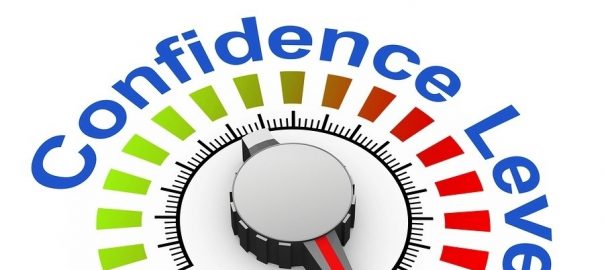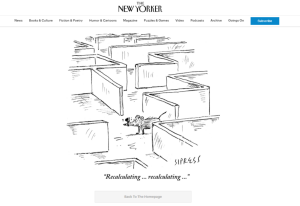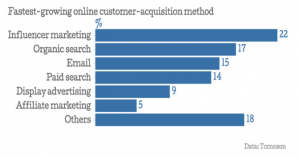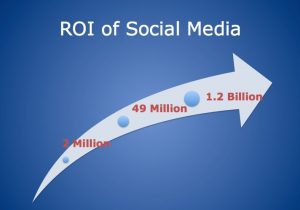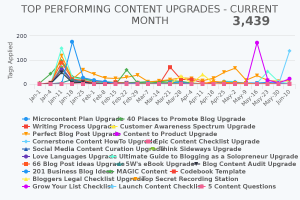We worship at the altar of confidence.
That wonderful We can do this mindset. The confidence that begets I want to conquer the world with you and follow you to the moon.
It moves you up the corporate ranks real fast. It is the energy of possibility. It’s sexy. Until it isn’t.
I hadn’t given overconfidence much thought until I stumbled on a research update in a 2020 issue of Harvard Business Review. “Feeling Unsure of Yourself? Spend Time with a Hubristic Teammate,” HBR/September-October 2020, drawn from The Journal of Experimental Psychology.
Overconfidence, lead researcher Joey T. Cheng asserts, is what happens when we look at a situation in a biased way. When we are overconfident, we misjudge our value, opinion, beliefs or abilities and we have more confidence than we should, given the objective parameters of the situation.
Ouch.
Overconfidence is one of the most ubiquitous biases to which human judgment falls prey. 93 percent of American drivers claim to be better than average drivers. This is statistically impossible. The subprime mortgage crisis of 2008, and the great recession that followed, are an example of overconfidence gone bad. How often have you heard a colleague rip apart the job performance of your company’s CEO? I could a better job than she is doing, any day!
Perhaps. Likely not.
Experience tells you what to do. Confidence allows you to do it.”
Tennis Champion Stan Smith
It’s tempting to consider overconfidence an individual character flaw. Think again. Here’s what Cheng and his associates discovered in their research.
In their experiment, 104 undergraduate students were randomly partnered up after individually completing a computer task and rating how confident they were in their performance. Each pair then collaborated on an extension of the task. After jointly performing this extension, participants revised their assessment of their individual performance.
Cheng and his team found that those who were working with an overconfident partner (overconfidence = students’ self-assessments were not substantiated by their actual scores) became overconfident themselves. Subsequent experiments showed that the effect persisted over time and across various tasks.
Overconfidence is thus amplified in herds. And it can readily take an ugly turn. Ever worked on a team where everyone committed to deadlines they could not meet? Helmed a sales organization where both your CEO and your sales reps consistently overestimated revenue potential and, in turn, habitually fell short?
Not pretty. Potentially lethal. If you run with a herd of overconfidencers, how do you claim your right-sized confidence? Where is that middle lane between grandiose overconfidence and lack of self-esteem? What is the zone where justified belief meets reality?
4 Habits That Foster Right-Sized Confidence
1. Question Everything
Examine your assumptions. Fully vet the data you use to make decisions. Listen to people who have more experience than you in the arena where you toil. It does NOT mean second-guessing yourself. Does not suggest you be overly critical of yourself, not take risks or not trust your gut instincts. It means doing your homework to substantiate or refute your instincts.
There’s an old-school decision-making technique called Force Field Analysis. It is so straightforward – that’s what I love about it. In a Force Field Analysis, we create two columns. In the left column we list all the forces that exist in favor of a course of action. In the right one we list all forces that may imperil the same action. For each force that will potentially hinder our action, we list tactics that will help us overcome this barrier. A simple process. Quick. It immediately clarifies our path forward. It forces us to question our assumptions. It gets us to confidence that is earned.
2. Expand your Context
We’re likely to be biased toward overconfidence when we, as Mr. Cheng’s research suggests, toil in a bubble of fellow overconfidencers. When we seek to aggressively innovate, an initial burst of overconfidence may, in fact, be a helpful start. If we, however, wish to sustain this burst, considering a wider context will always foster more enlightened decisions.
What are our competitors doing? What are they NOT doing? What can I/we learn from their failures? What can I/we learn from their successes? How does what I/we do fit into this larger eco-system? Asking such questions gets us to better-informed decisions. It leads to grounded confidence.
3. Conduct a Skills Check
17 years ago, I got a book deal. I thought to myself, well now that you have a book, you need to build a business around this book. Sounds good, right? Did I actually have the knowledge and skills to run a business, find well-paying clients, scale size and revenue? I had some decent instincts, at best.
My friends all rallied around me. Yeah, you can do it! And sure, I can give myself a pep talk, over and over again. You can do this. You got this. You can do this. You got this. The pep talk will raise my confidence level and get me pumped. I believe in the power of visualization and positive affirmations. Thank goodness, I also DID realize that I lacked the essential skills to successfully launch a business. I truly did. I joined a small business strategy group in Manhattan for a year. In this group, I quickly learned all the things I didn’t know. A pep talk or positive affirmation isn’t what raised my confidence – learning actual skills did.
4. Talk to your Advisory Board
Confident people are confident enough to call on the guidance of others. They have their trusted advisors. At best, an entire advisory board. When we know who to call in a crucial moment, when we surround ourselves with smart people who have wisdom to offer, when we have the courage to listen and perhaps even change our mind – well, then we are confident enough to learn. When we are confident enough to learn, we are confident enough to expand our horizons and deepen our understanding.
I have personally seen therapists over multiple decades, had business coaches, marketing advisors, belong to a Mastermind Group. I do few things alone. The moment we decide to not go it alone, we have started to demonstrate true confidence. In the end – yes, we will make some of the tough choices we have to make alone. The decision will be made with more confidence when we have been well advised.
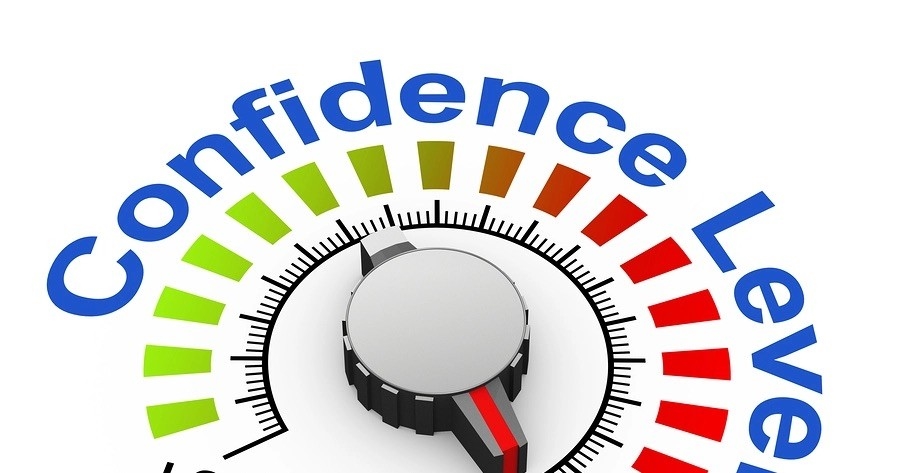
Amazon and the shelves of your local bookstore overflow with self-improvement literature. Books that tell you how to overcome limiting beliefs. These books are one big rallying call to summon MORE confidence.
As you absorb the helpful inspiration you will find, stay mindful of the ugly turn. Overconfidence is that turn.
Fake it til you make it is that turn. Overcommit, overpromise, overestimate is that turn. Ignoring hard evidence is that turn.
Be confident, please. Very confident. Allow your confidence to be informed by the 4 habits outlined here. They will fuel you with the energy of true possibility. Not wishful thinking.
And that’s the best kind of confidence.
Business & Finance Articles on Business 2 Community
(65)
Report Post